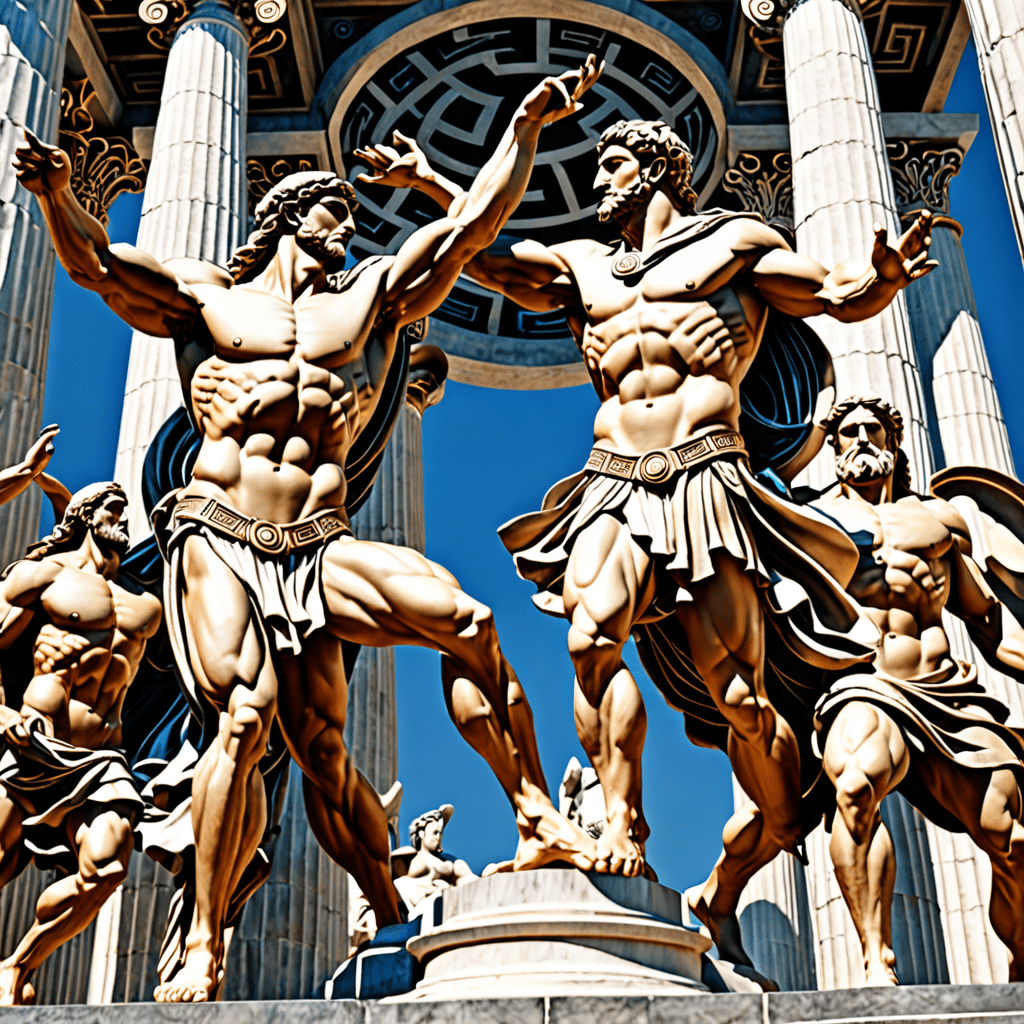Greek Mythology and the Concept of Memory
Greek mythology is rich with captivating tales of gods, goddesses, and epic adventures. One intriguing aspect of Greek myths is the deep connection to the concept of memory. Let’s explore the significance of memory in Greek mythology and how it influences various mythological narratives.
The Importance of Memory in Greek Mythology
In Greek mythology, memory holds a powerful role as it serves as a link to the past, shaping the present and influencing the future. The goddess Mnemosyne, meaning “memory” in Greek, was the Titaness of memory and remembrance. She was considered the mother of the nine Muses, who inspired the arts, literature, and science – all of which rely heavily on memory.
Memory was also essential for mortals and immortals alike in Greek myths. Heroes like Odysseus used memory to navigate challenges and overcome obstacles, drawing upon past experiences to guide their actions. Memory served as a tool for learning, growth, and wisdom in the mythical realm.
Mythological Tales Embracing the Concept of Memory
Several Greek myths highlight the significance of memory in shaping destinies and defining identities. One such example is the myth of Pygmalion, a sculptor who fell in love with his own creation, Galatea. This tale showcases how memory – in this case, the memory of his ideal woman sculpted in stone – influenced Pygmalion’s desires and actions.
Another famous myth that intertwines memory is that of Prometheus, who stole fire from the gods to give to humanity. Despite facing severe punishment, Prometheus’s act of memory, recalling his sympathy for humankind, reinforces the theme of memory as a driving force behind courageous acts and defiance against oppressive forces.
Reflection on the Modern Significance of Memory through Greek Mythology
Through exploring Greek mythology and its emphasis on memory, we can draw parallels to our contemporary lives. Memory continues to play a vital role in shaping human experiences, guiding decisions, and preserving personal and collective histories.
By delving into the timeless tales of Greek mythology, we gain insights into the enduring significance of memory as a fundamental aspect of humanity’s narrative. As we navigate challenges and forge our paths in the present, remembering the lessons embedded in these ancient myths can offer us guidance, inspiration, and a deeper appreciation for the power of memory.
FAQ: Greek Mythology and Memory
What role does memory play in Greek mythology?
In Greek mythology, memory plays a significant role as it is tied to the storytelling and preservation of myths. The Muses, goddesses of inspiration, are said to enhance memory and creativity in individuals.
How is memory represented in Greek mythology?
Memory is often personified in Greek mythology. Mnemosyne, the goddess of memory and mother of the Muses, represents the importance of remembering stories, history, and traditions.
Are there any myths related to memory in Greek mythology?
One famous myth related to memory is that of Mnemosyne and Zeus, who fathered the nine Muses with her. The Muses embodied different forms of art and knowledge, inspired by their mother’s gift of memory.
Why is memory significant in understanding Greek myths?
Memory serves as a crucial element in the transmission of Greek mythology through oral tradition. It ensures that the stories of gods, heroes, and monsters are preserved and passed down through generations.




